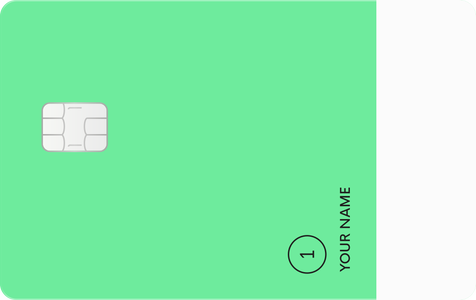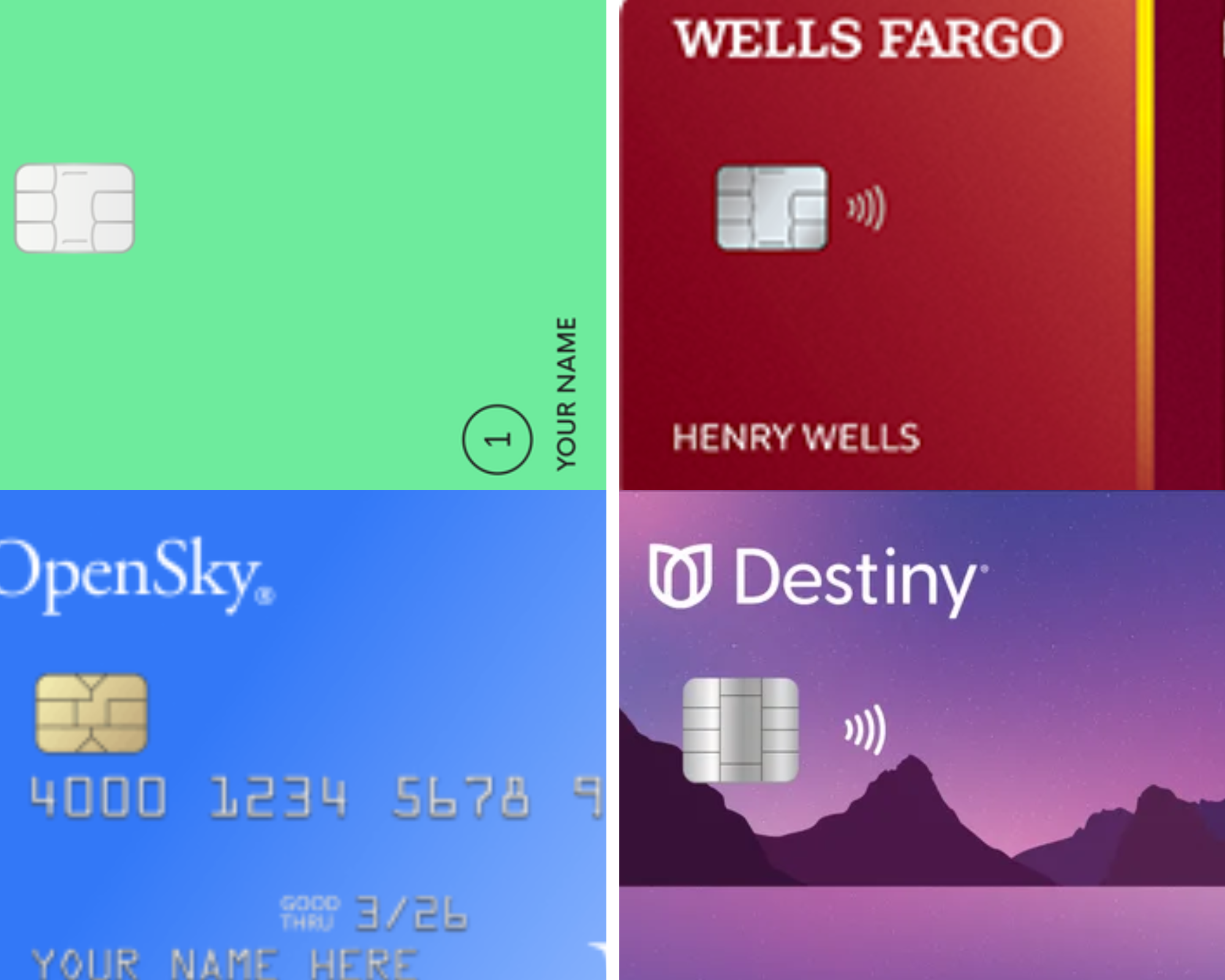Ads
In January, US retail sales were significantly lower than expected, marking a sharp decline from the positive momentum seen during the holiday shopping season. The cold weather that swept across the country kept many Americans indoors, leading to a decrease in retail spending across various sectors.
According to the Commerce Department’s report released on Thursday, retail sales in January experienced a 0.8% drop, encompassing all items and food services. This marked the end of a two-month streak of growth in retail sales. The January figures were notably lower than the 0.4% growth recorded in December, which was already revised downwards, and fell well short of analysts’ projection of a 0.1% increase. It is important to note that seasonal adjustments are factored into these figures, but inflation is not taken into account.
Some specific sectors saw more pronounced declines in spending last month. Gas stations reported a 1.7% drop in expenditure, while home improvement stores experienced a significant 4.1% decrease, likely due to the unfavorable weather conditions. Online sales also saw a decline of 0.8%, indicating a shift in consumer behavior. On the other hand, pub and restaurant revenues managed to rise by 0.7% in January, suggesting that certain sectors were less impacted by the weather-related slowdown.
Several factors may have contributed to the decrease in retail sales in January. The ongoing rise in interest rates, inflation, and challenges in securing credit are straining many Americans’ finances. Despite a relatively strong job market, many individuals are dipping into their savings to make ends meet during the pandemic. However, the stock market has seen growth due to positive earnings reports from major tech companies, benefiting wealthier individuals.
While inflation has somewhat eased in recent months, certain price increases are still a concern for consumers. The disappointing retail sales figures released on Thursday were unexpected, although it marks only the second decline in the past 10 months. Warmer weather conditions in certain regions towards the end of January may lead to an uptick in retail spending during February.
According to Comerica Bank’s chief economist Bill Adams, the current weakness in retail sales is likely a temporary issue that should reverse once consumer spending patterns return to normal. The Federal Reserve is expected to monitor these developments closely and assess any potential impact on the broader economy.
Despite the recent slowdown in retail sales, there are no immediate signs of a recession in the US. However, most economists anticipate a gradual deceleration in economic growth in the coming months due to various factors affecting consumer behavior.
Major corporations have noted that US consumers are feeling the pressure. During recent earnings calls, several prominent S&P 500 companies have highlighted concerns about consumer stress, which could lead to cutbacks in spending. Consumer spending plays a critical role in driving economic output, and any significant changes in consumer behavior can have far-reaching implications.
As borrowers increasingly rely on credit cards and “Buy Now, Pay Later” programs to sustain their spending habits, concerns about their ability to repay debt are mounting. Nationwide’s chief economist Kathy Bostjancic points out that consumers are likely to rein in their spending this year after depleting pandemic-related savings and increasing their reliance on credit. Inflation remains above the Federal Reserve’s 2% target, prompting consumers to seek out more affordable options for their purchases.
In this challenging economic environment, affordability is a key focus for companies seeking to attract and retain customers. Coca-Cola CEO James Quincey emphasized the importance of understanding the financial pressures faced by a segment of the population, leading to changes in consumer behavior and purchasing patterns. By offering more affordable options, businesses are adapting to meet the evolving needs of consumers in an environment of rising inflation and financial constraints.
Overall, the decline in retail sales in January reflects a broader trend of changing consumer behavior impacted by various economic factors. While uncertainties persist, there is optimism that retail spending may rebound as conditions improve and consumer confidence strengthens. As the economy continues to navigate through these challenges, businesses will need to adapt and innovate to meet the evolving needs of consumers in an ever-changing economic landscape.







